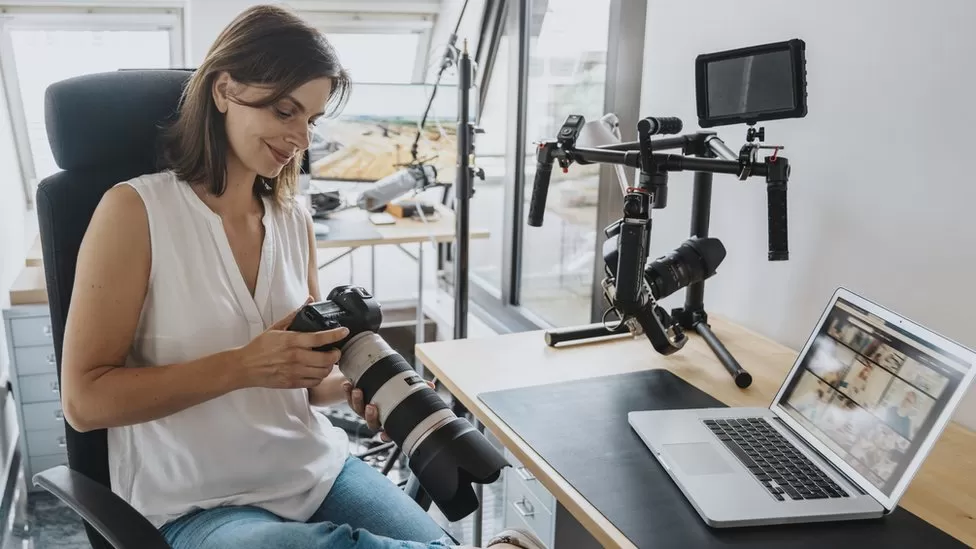
Getty Images has initiated legal action against the developers of an artificial intelligence, AI image generation tool, taking a significant step in protecting copyright and the rights of content creators. The agency, renowned for selling licenses for photographers’ and illustrators’ works, has asserted that Stability AI’s Stable Diffusion system has violated these copyrights.
AI image generators like Stable Diffusion “learn” to craft images based on textual instructions by analyzing human-made images, including those available online. The concern lies in how these generators, while providing a creative outlet for some, can effectively replicate an artist’s style and produce images at lightning speed.
Critics argue that such AI systems threaten artistic professions, with one commentator expressing concerns that they are “actively anti-artist.” Stability AI’s founder, Emad Mostaque, revealed that Stable Diffusion is trained using a vast database of images, including some sourced from Getty Images. Mostaque has also expressed a commitment to developing tools that allow artists and creators to opt out of this process.
Getty Images has commenced legal proceedings in London’s High Court, alleging that Stability AI “unlawfully copied and processed millions of images protected by copyright.” The agency maintains that Stability AI disregarded licensing options and long-standing legal safeguards, to the detriment of content creators.
Getty Images CEO Craig Peters stressed that their legal action is not an indictment of generative models but a bid to ensure a responsible and legal approach to their development. He emphasized the importance of content owners having a say in how their work is utilized.
In response, Stability AI acknowledged the seriousness of the matter but noted that they were informed about the impending legal action through the media, adding that they are yet to receive any formal documents. They pledged to respond appropriately once they do. This legal battle highlights the evolving landscape of AI and copyright, where innovative technologies intersect with traditional intellectual property rights, raising complex legal questions.